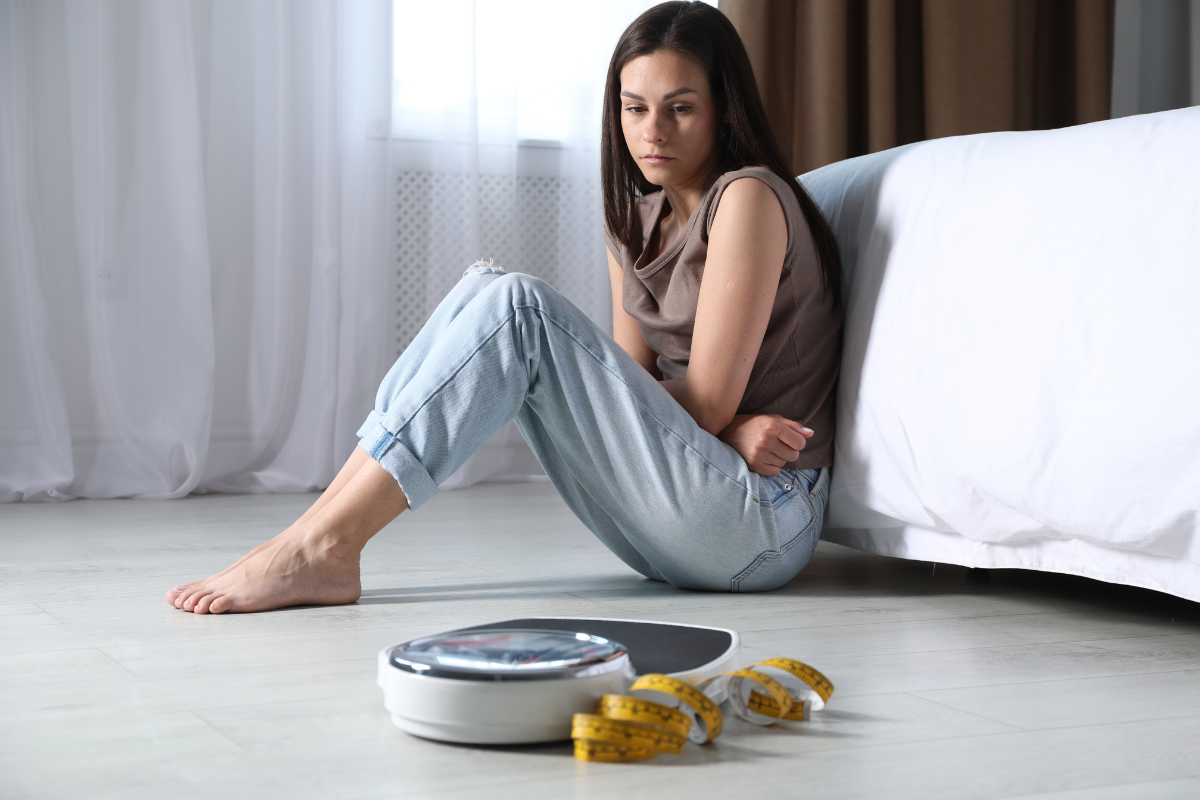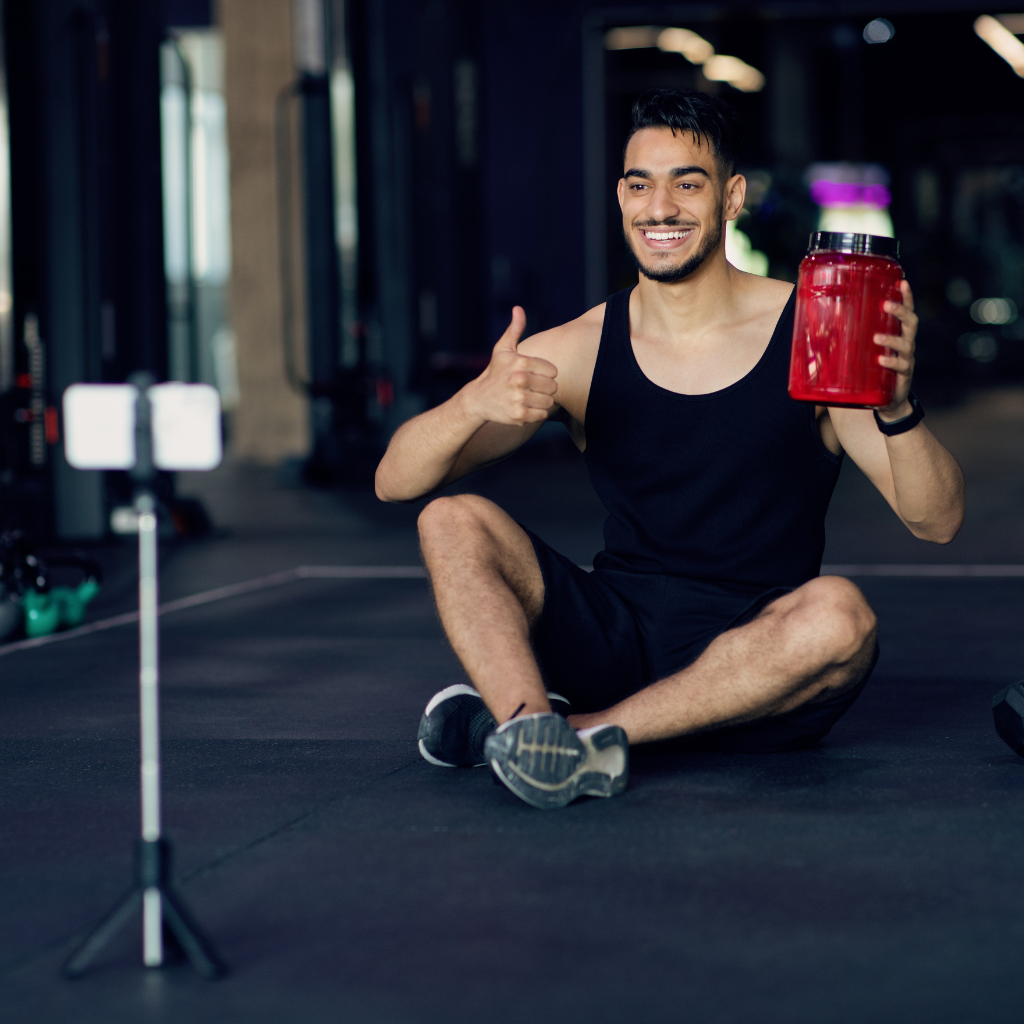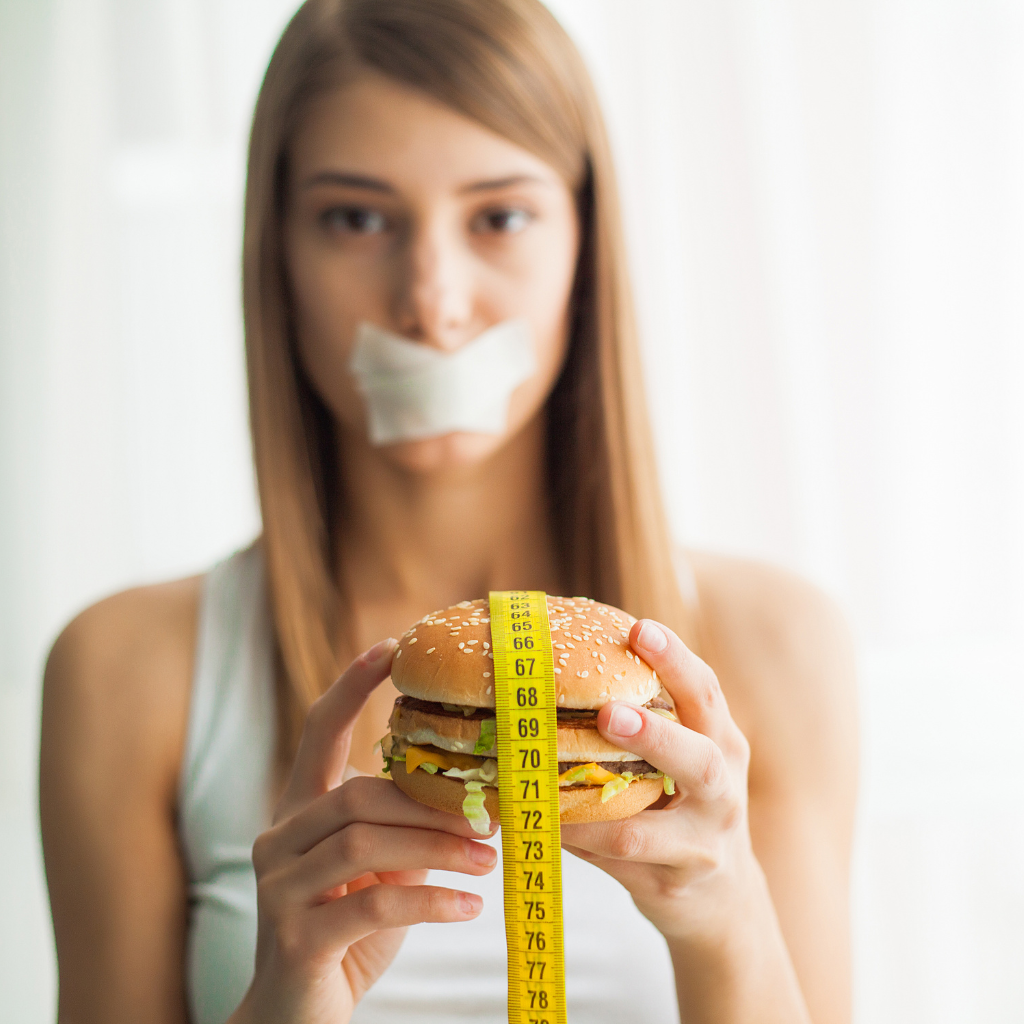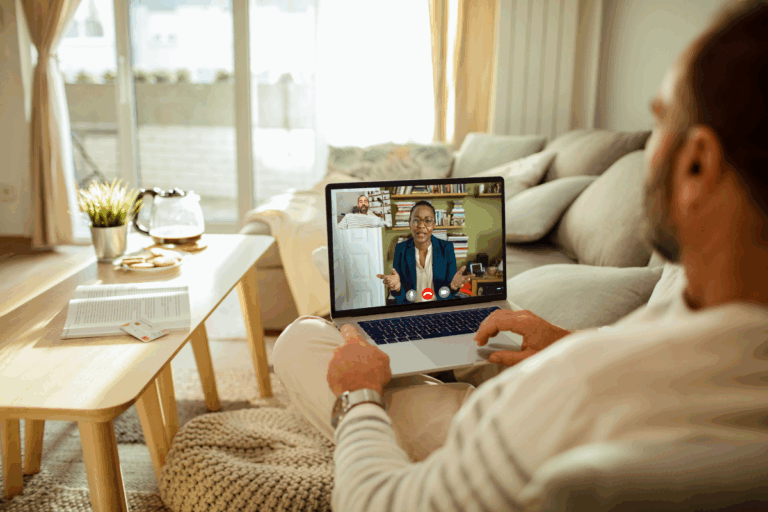
In today’s digital age, platforms like Instagram and TikTok have woven themselves into the fabric of our daily lives. While they offer avenues for creativity and connection, there’s a darker undercurrent that merits attention. The pervasive exposure to curated images and content on these platforms has been linked to body dissatisfaction and the emergence of eating disorders among users.
The Rise of “Thinspiration” and Its Psychological Impact
“Thinspiration,” a portmanteau of “thin” and “inspiration,” refers to content that glorifies slender physiques, often promoting extreme weight loss methods. Such content is rampant on social media, showcasing images, quotes, and videos that idealize thinness. While some users might seek motivation for healthier lifestyles, thinspiration often blurs the line, veering into the promotion of unhealthy and unrealistic body standards.
Exposure to thinspiration content can lead to:
- Body Dissatisfaction: Constant comparisons to idealized images can foster negative self-perception.
- Disordered Eating Behaviors: The glorification of extreme thinness can encourage harmful practices like restrictive dieting or over-exercising.
- Mental Health Struggles: Feelings of inadequacy can escalate into anxiety, depression, and diminished self-esteem.

The Role of Instagram and TikTok
Social media isn’t just shaping how we connect—it’s shaping how we see ourselves. Among the many platforms out there, Instagram and TikTok stand out for their strong influence on appearance-related content. Both have unique features that make them especially powerful when it comes to reinforcing certain body ideals, often without users even realizing it. Below, we’ll take a closer look at how each platform plays a distinct role in fueling body dissatisfaction and harmful behaviors tied to eating disorders.
- Instagram: Instagram’s visual-centric nature makes it a hotspot for appearance-focused content. Studies have shown that greater use of such platforms is associated with increased body dissatisfaction and eating disorder symptoms. The platform’s emphasis on aesthetics can inadvertently pressure users to conform to certain body ideals.
- TikTok: TikTok’s algorithm curates content based on user interactions, which can lead to the amplification of harmful content. For instance, during the COVID-19 lockdowns, a 13-year-old girl named Katya developed an obsession with fitness and body image after exposure to TikTok content. Searching hashtags like #fitspo, she was influenced by fitness influencers’ advice on diet and exercise, leading to severe undernourishment and eventually hospitalization.
Statistical Insights

The correlation between social media use and body image issues is supported by various studies:
- Adolescents and Social Media: Evidence from 50 studies in 17 countries indicates that social media usage leads to body image concerns, eating disorders/disordered eating, and poor mental health via the mediating pathways of social comparison, thin/fit ideal internalization, and self-objectification.
- Gender Disparities: A study found that about 52% of girls and 45% of boys opt for skipping meals, heavy exercise, and other behaviors associated with eating disorders.
Addressing the Issue
Tackling the negative influence of social media on body image requires a multifaceted approach:
- Media Literacy Education: Teaching individuals to critically evaluate media content can reduce the impact of harmful imagery.
- Platform Accountability: Social media companies should enforce policies that restrict harmful content and promote body diversity.
- Support Networks: Encouraging open conversations about body image and providing resources for those struggling can foster resilience.
Final Thoughts
While social media platforms like Instagram and TikTok offer numerous benefits, it’s crucial to acknowledge and address their role in promoting unrealistic body standards and contributing to eating disorders. By fostering awareness, promoting media literacy, and advocating for responsible content sharing, we can work towards a healthier digital environment that celebrates all body types.
Responsibly edited by AI
Other Blog Posts in
Animo Sano Psychiatry is open for patients in North Carolina, Georgia and Tennessee. If you’d like to schedule an appointment, please contact us.
Get Access to Behavioral Health Care
Let’s take your first step towards. Press the button to get started. We’ll be back to you as soon as possible.ecovery, together.





